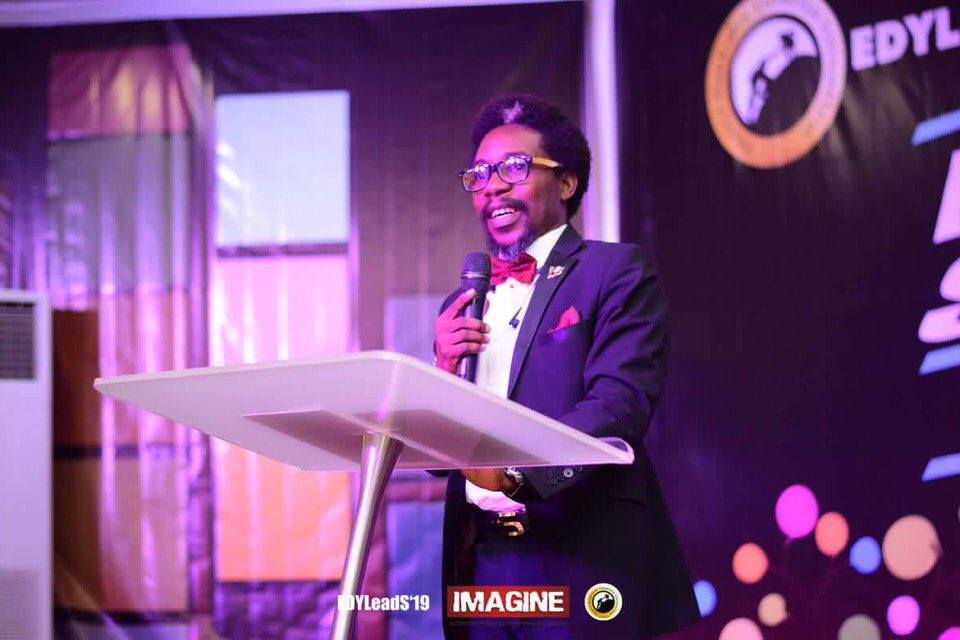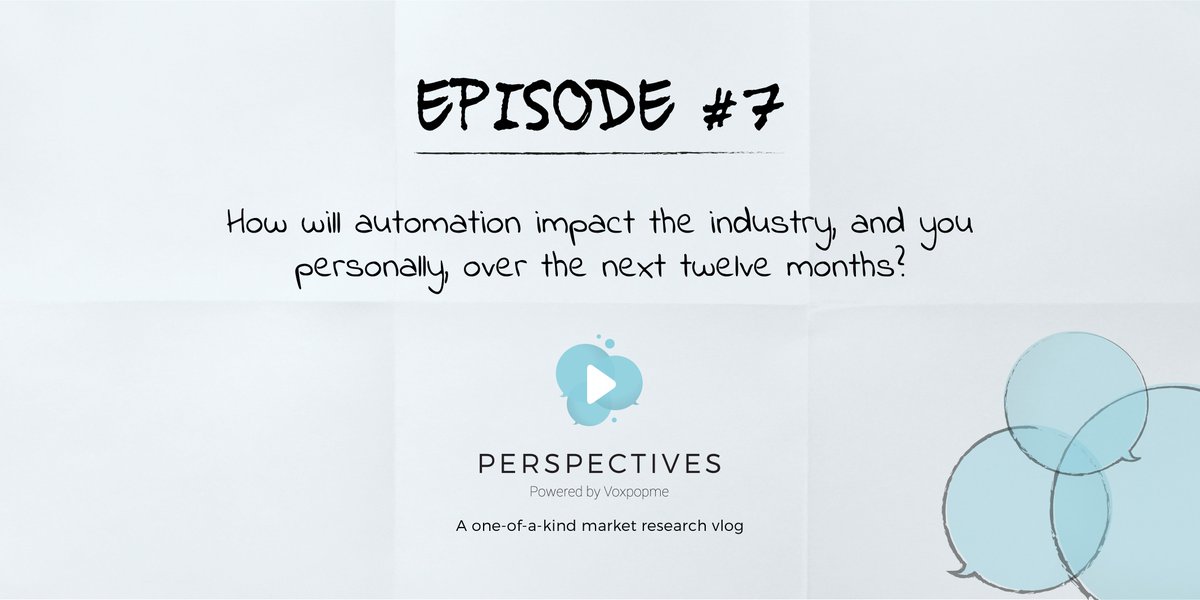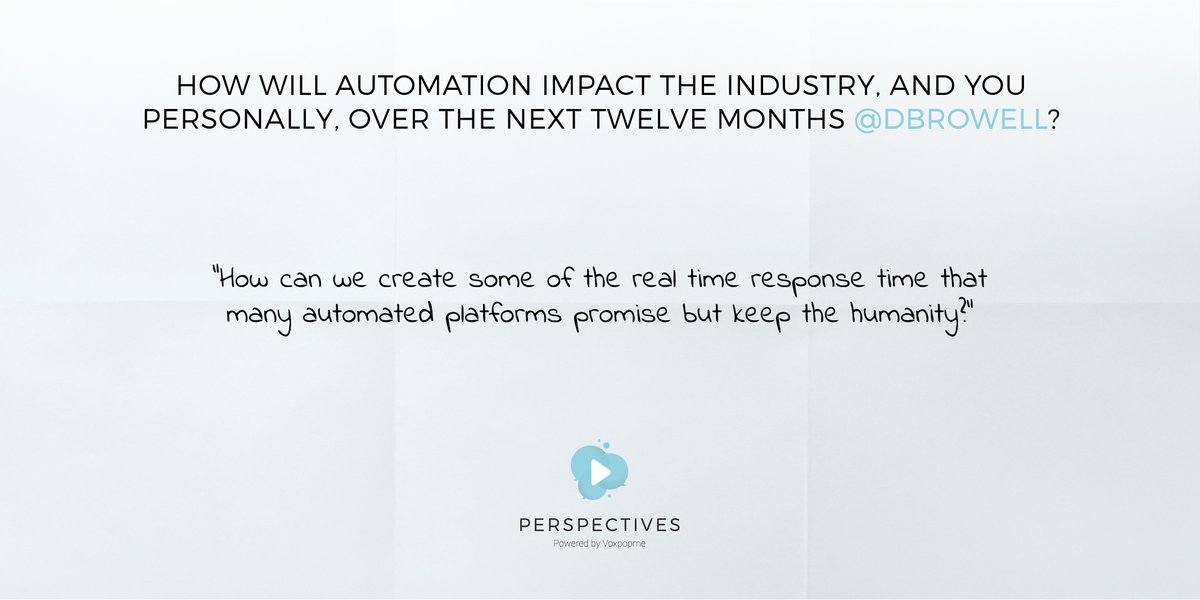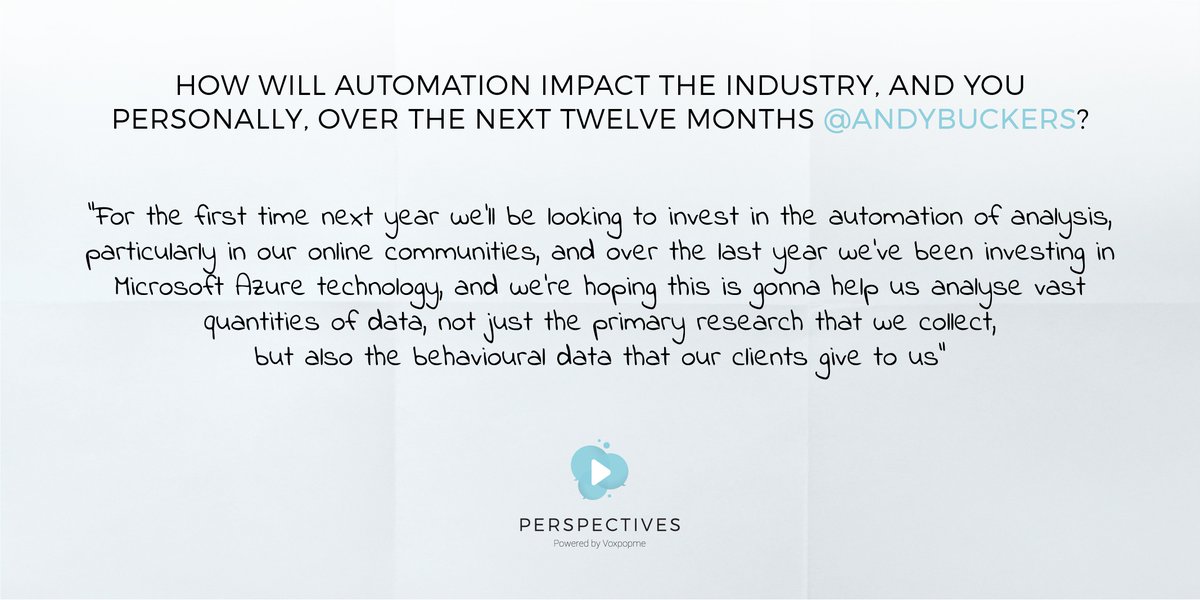On Twitter it seems like Librarian is an identity for all of us so not being masterful at something that is so connected to who we are is tricky
Values are useless to espouse if you don’t talk about how they manifest behaviorally. Align behaviors with policies and practices. Create expectations. Needs to be demonstrated
Application in-context; allow ppl to share what they’re learning and the work they’re doing. Here’s how I’m applying what I’m learning
[🤔]
A: If you say “I’m an Ally” then be an ally. If that’s a choice you’re not 💯 committed to then don’t make that choice.





